Dangerous situations can happen at any moment which is why it is so important to always be prepared for an emergency. Emergency preparedness is vital in case of any type of disaster. Access to communities can sometimes take longer than expected and national preparedness guidelines suggest the following steps to ensure you take care of those under your charge during any emergency.
What can we do to make sure we are prepared for an emergency when disaster strikes? Let’s look at the top four ways to be prepared:
1. Understand the Risks
Some regions in Canada are more at risk of certain types of emergencies than others. Natural disasters like earthquakes, blizzards, fires, and tornadoes are more prevalent in some provinces compared to others. However, there are other emergencies besides natural disasters that can affect communities. These emergencies include dam failures, a nuclear accident, power blackouts, pandemics, and transportation or industrial accidents. Understanding how to stay prepared for an emergency of any sort is very important.
2. Prepare a Plan
Depending on the emergency, you might need to stay in your home and wait for help to arrive, or you might need to evacuate. Another consideration is that your family might not all be together at the time of a disaster.
The best way to stay prepared for an emergency is to create a plan considering all possible emergencies and discuss it with everyone. Review it once a year and keep a copy together with the family emergency kit. Take any special needs of a family member into consideration.
Being Prepared for an Emergency: Planning
- Communication – Organize how you will communicate with each other during the emergency. Landline calls are often difficult, so ensure everyone knows how to send a text message. Identify a contact that lives far away who will not be directly affected by the same emergency. This can be everyone’s main contact if you are separated; their role is to inform you of where other family members are. Always make sure your messaging devices are fully charged if possible.
- Evacuation – Have a plan of two safe locations you can go to if you need to evacuate your area or home. One must be within your neighborhood (usually a community center or local library), and the other should be somewhere outside of your neighborhood. Always have an emergency survival kit ready to take with you. Many reception centers do not accept pets unless they are service animals; include a plan for the care of your pets.
If you are aware that an evacuation is coming, prepare your vehicle by filling it with gas, and leave early to avoid the rush. Follow the evacuation route set out by the authorities. These are all important steps to keep yourself prepared for an emergency.
Being Prepared for an Emergency: Safety
- Safety in the home – Have a list of emergency contact numbers and teach your children how and when to call 911. Have an evacuation plan for your home – one using the main exit and an alternate route. Make sure you have reliable smoke alarms and fire extinguishers in your home. Everyone must know how to turn off utilities like electricity, gas, and water.
- Beyond the home – Know the emergency plans of your children’s schools and how they will contact you in case of an emergency. Also, work out a neighborhood emergency plan and identify who else may need assistance during an emergency.
Be Prepared for Emergencies!
Join our Emergency First Aid Course and gain the essential skills to respond effectively in critical situations. Learn from experienced instructors how to provide immediate care and support when it matters most.
3. Assemble an Emergency Survival Kit
A basic emergency kit that keeps you prepared for an emergency should include supplies for at least 3 days. Keep it in an accessible place and easy to carry. You can also separate the supplies into a few easy-to-carry backpacks. Always have a flashlight handy for emergencies.
- A minimum of 2 liters of water for every person for 3 days
- Food (energy bars, dehydrated and canned)
- Can opener (not battery or electric operated)
- Flashlight (crank or battery operated)
- Radio (crank or battery operated)
- First aid kit
- Spare keys to cars and home
- Cash in small notes and coins (ATMs and bank networks may not be working during emergencies)
- Depending on the special needs of your family, include medication, infant formula, food, and water for service animals. Also, include any equipment for people with disabilities.
Additional Items
- Candles
- Lighter or matches
- One change of clothing and shoes for each family member
- One blanket or sleeping bag per person
- Toiletries
- Hand sanitizer
- Utensils
- Toilet paper
- Garbage bags
- A few basic tools and duct tape
- Whistle
- Water purifying tablets
Replace food, water, and batteries at least once a year.
Vehicle Emergency Kit
- Windshield washer fluid and antifreeze
- Fire extinguisher
- Maps
- Salt, sand, or non-clumping cat litter
- Jumper cables
- Tow rope
4. Stay Informed
Sign up for alerts in your province so that you are always aware of any upcoming events. However, some events cannot be foreseen, so always be aware and stay informed by listening to the news. During any emergency, listen to how events are developing on a portable radio.
We hope this information has made you feel more prepared for an emergency situation. If you wish to learn more about emergency preparedness of any kind, Coast2Coast First Aid & Aquatics provides many levels of First Aid and CPR/AED training. Here, you will learn how to provide first aid, conduct CPR, use an AED and much more. With emergencies, you never know how they will affect you or someone around you. By enrolling in a First Aid and CPR/AED training course, you may be able to provide life-saving assistance to someone in need.
Register for First Aid Training
Register today for a First Aid Training course and learn how to deal with emergencies and keep your loved ones safe! Check out our facilities and book your spot now.









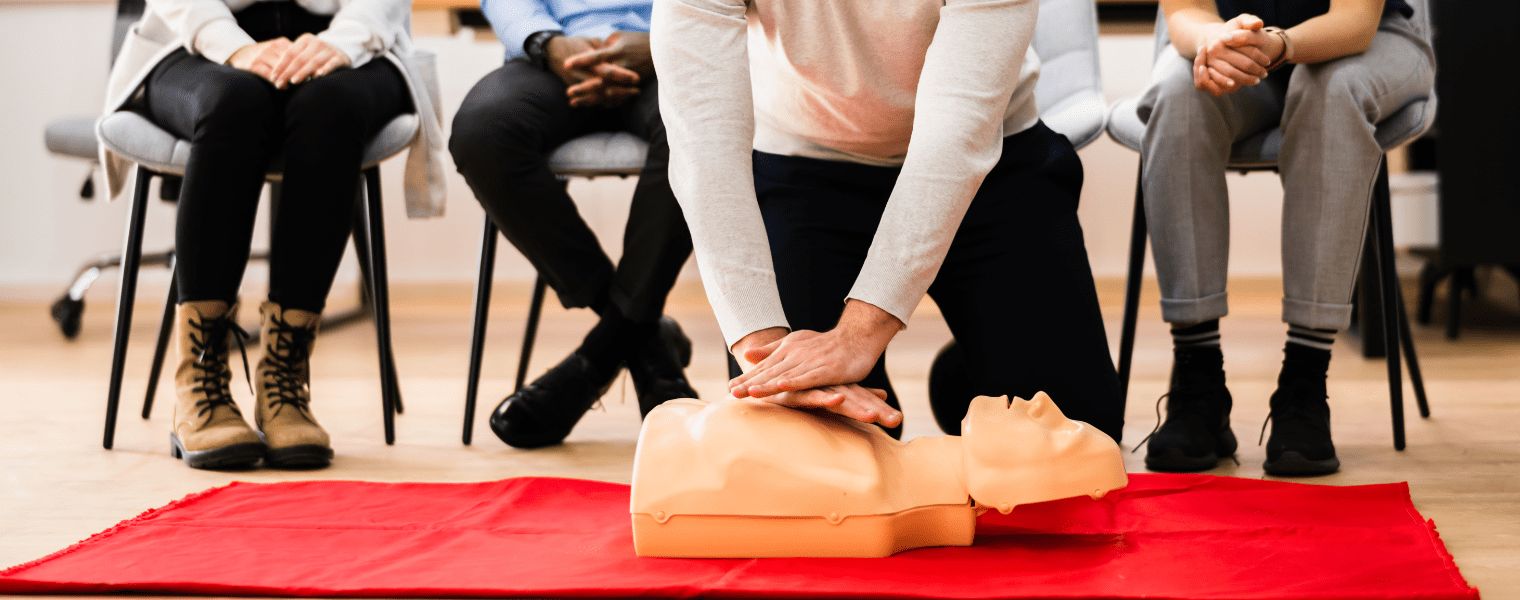
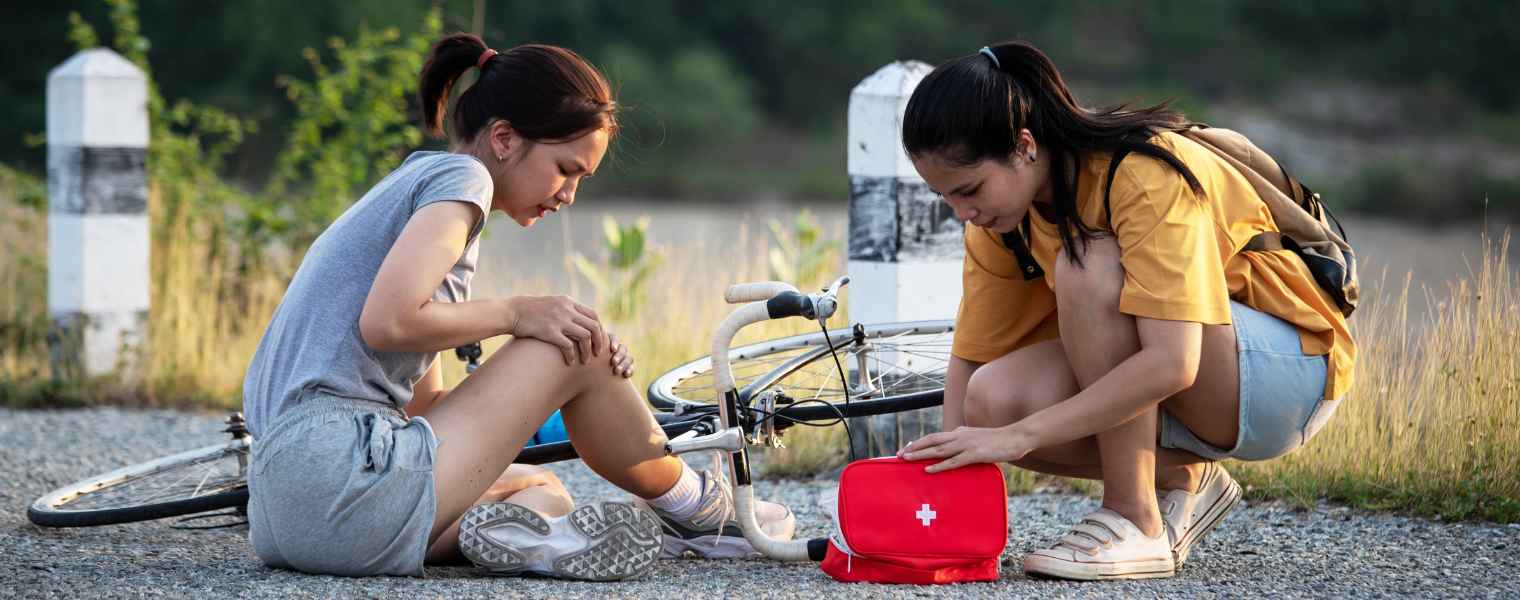

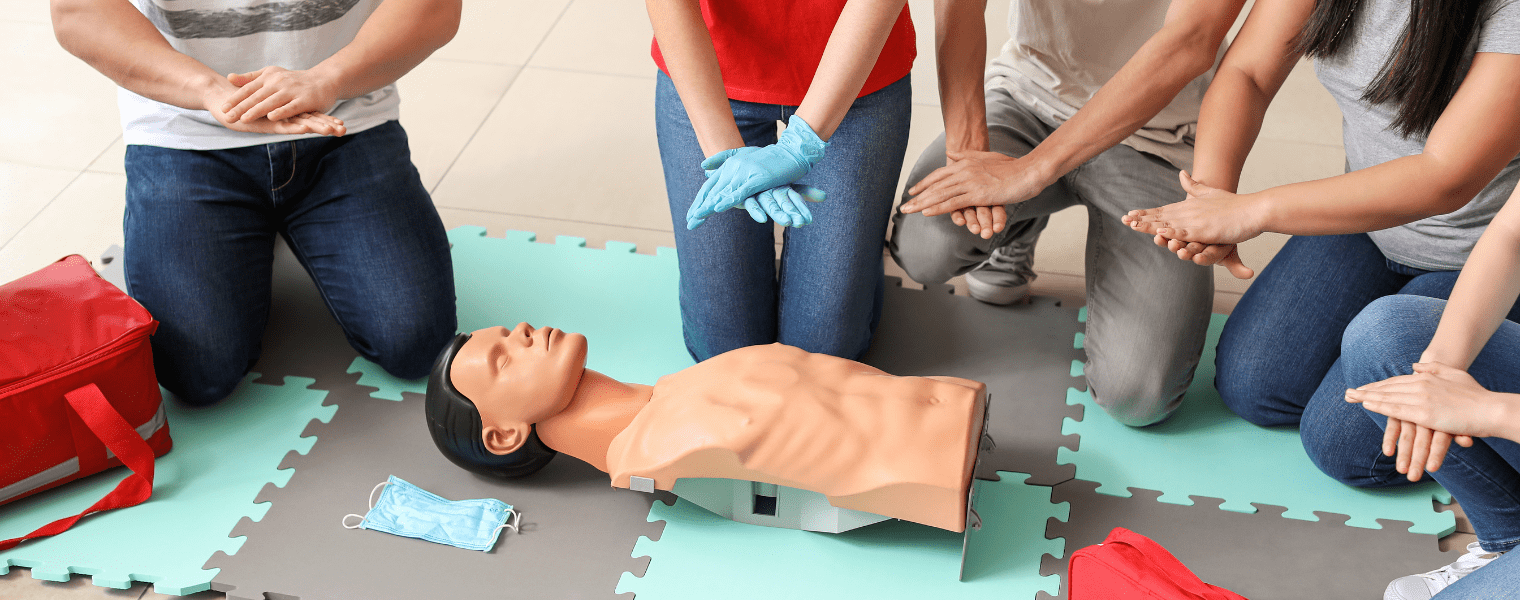
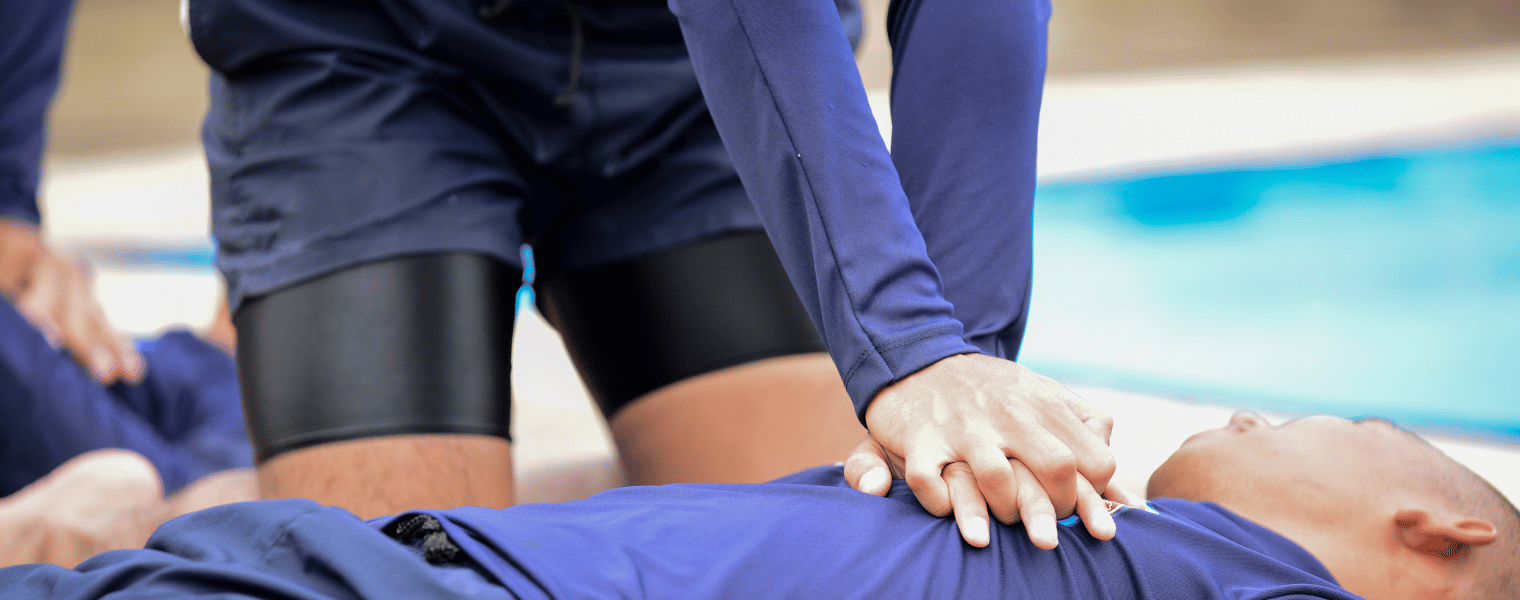
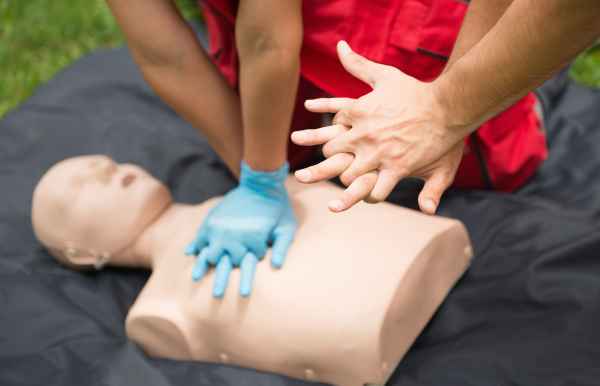


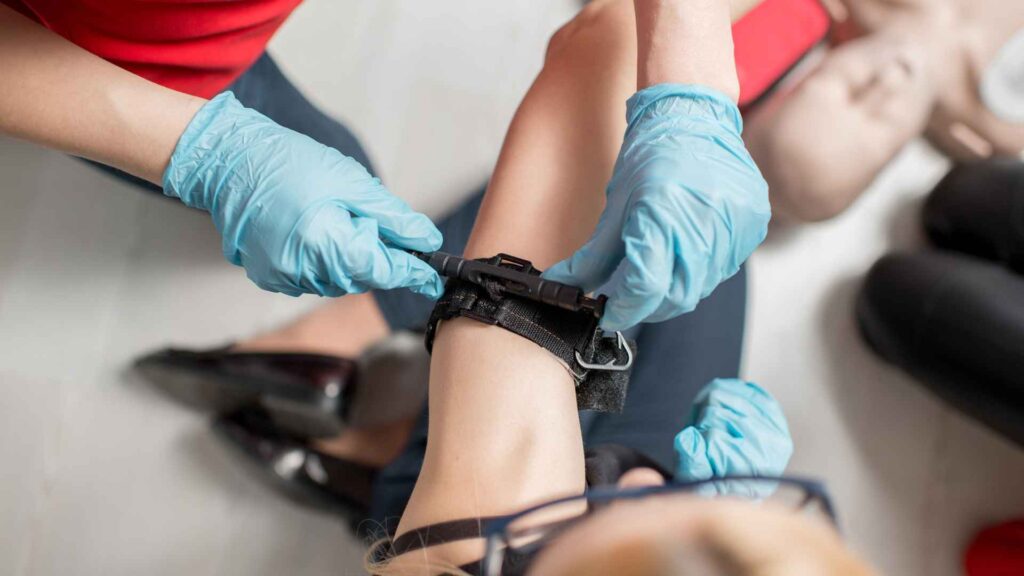
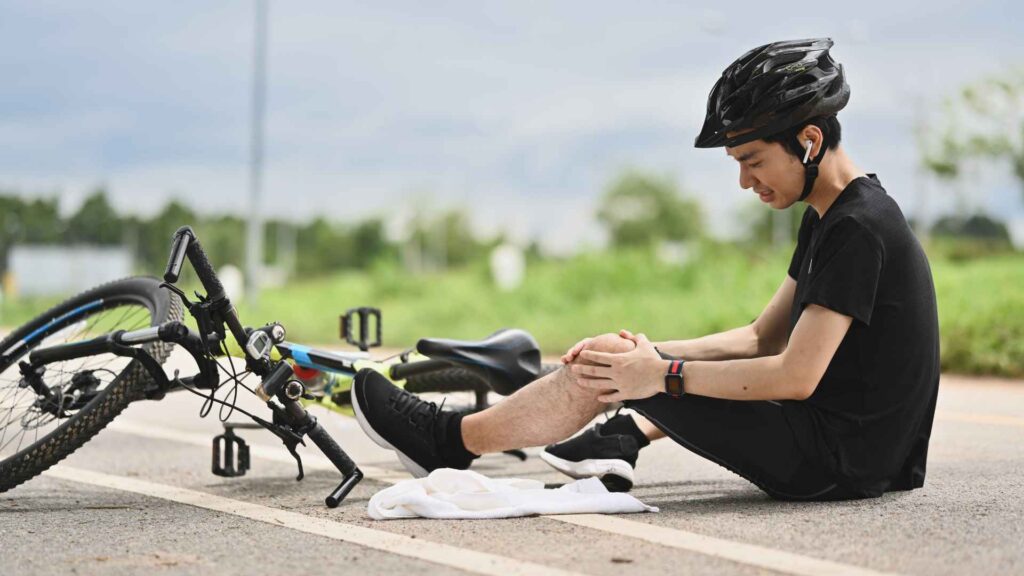




No comment yet, add your voice below!